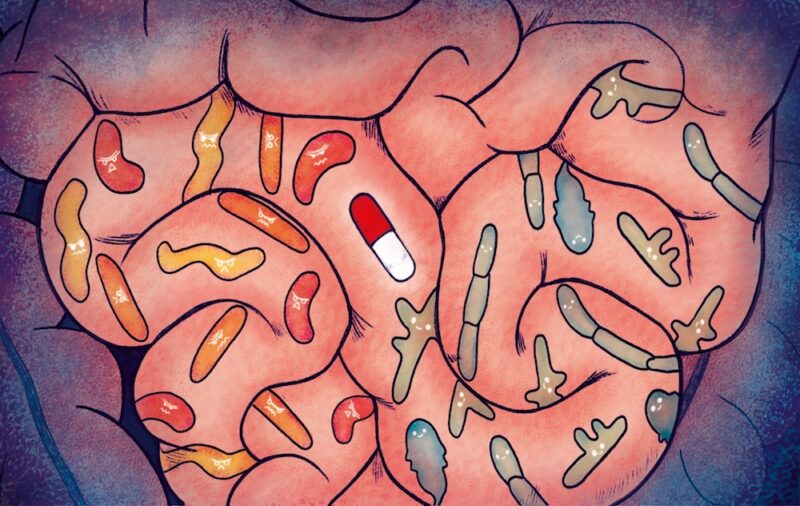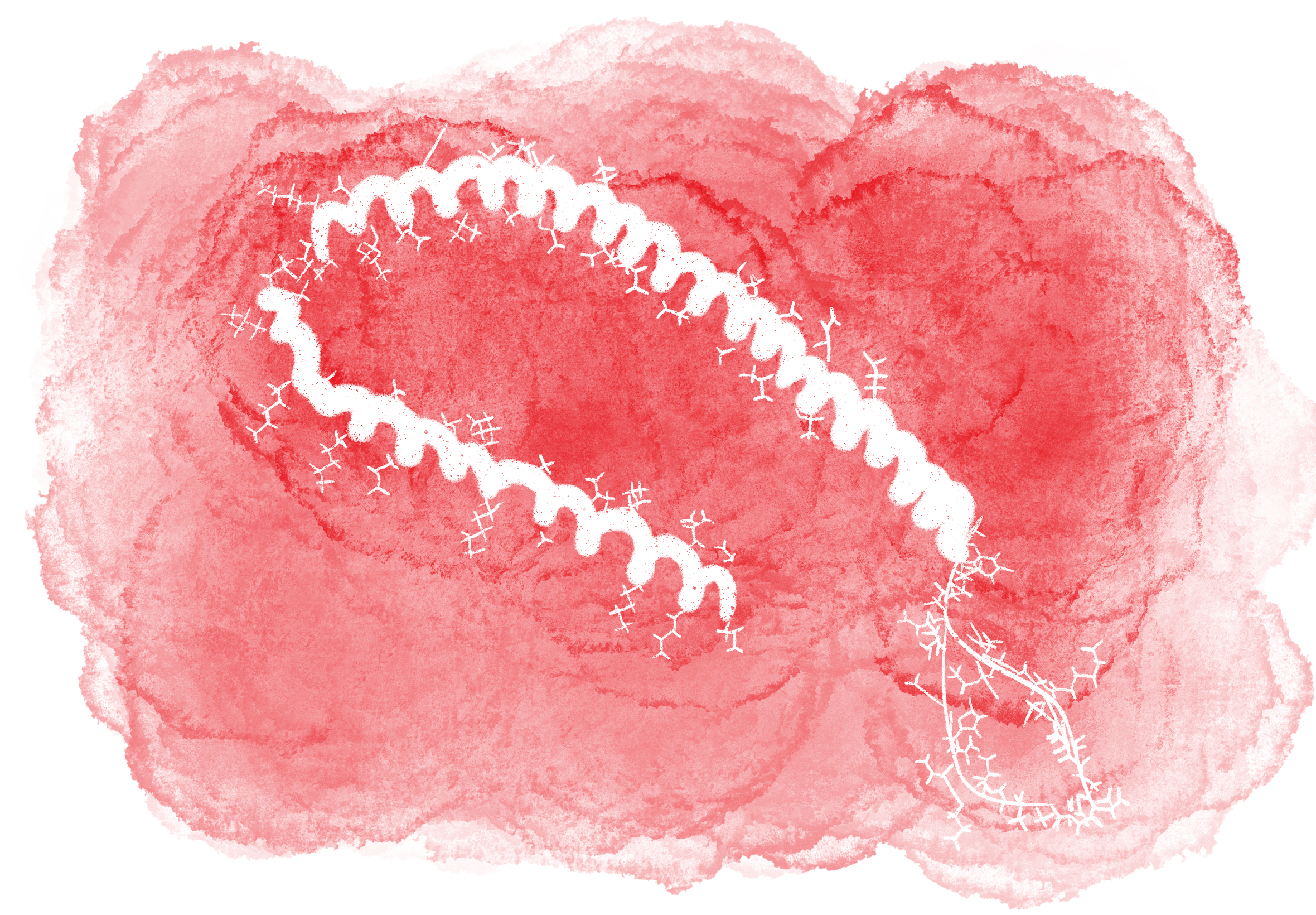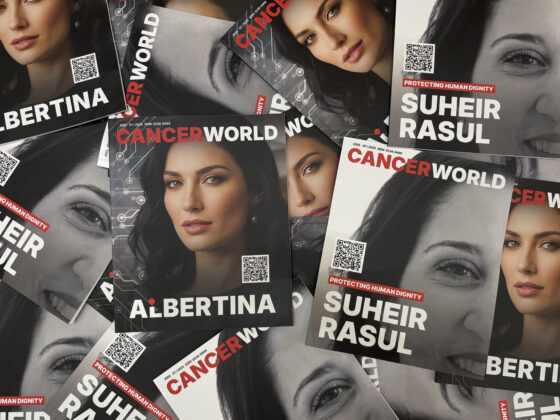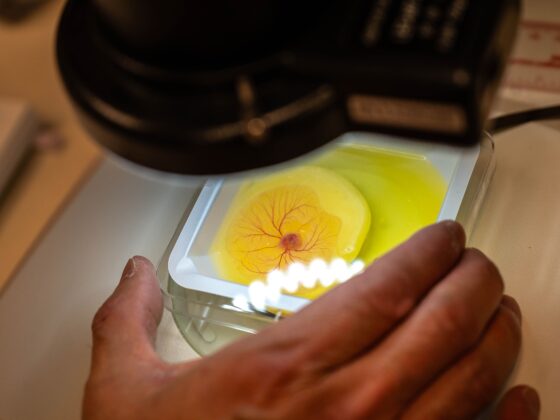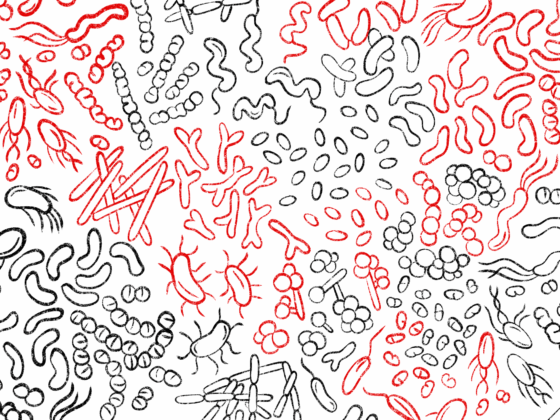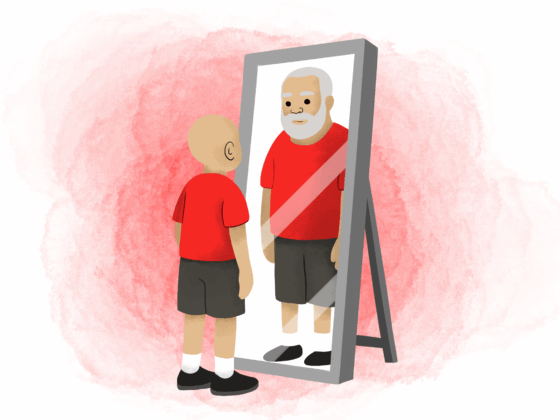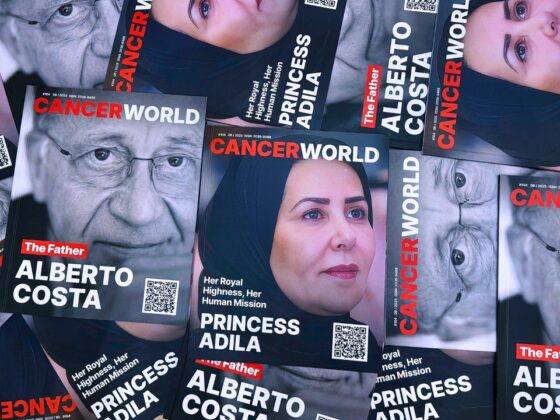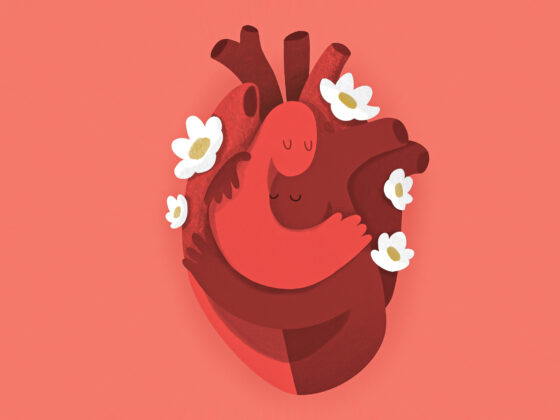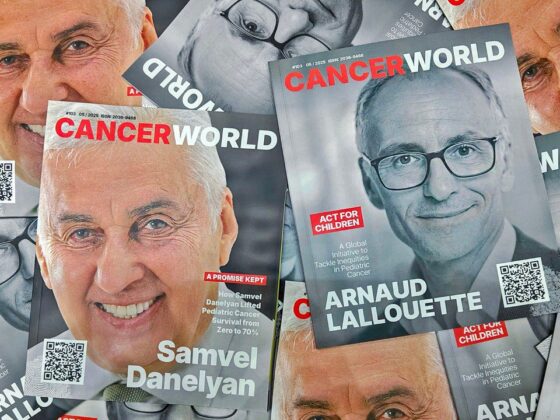Abiraterone acetate (AA), an agent used in castrate-resistant prostate cancer, promotes a shift towards health-associated, anti-inflammatory gut commensal bacteria, finds a study in Nature Communications. “These findings clearly demonstrate that the gut microbiome is playing a role in treatment response,” says Jeremy Burton, the study lead investigator from the University of Western Ontario, London, Canada. The study, the researchers believe, represents just one example of the influence the gut microbiome is likely to be having on responses to medications.
AA is used to treat prostate cancer that has become resistant to other treatments, works by inhibiting CYP17A1, the rate-limiting enzyme implicated in androgen biosynthesis. Notably, AA is a poorly absorbed oral agent, resulting in exposure of patients gastrointestinal microbiota to unusual high levels of the drug. “While it has long been a mystery why abiraterone acetate is so effective, our team wondered if the gut microbiome plays a role,” says Burton.
Investigators collected and analysed stool samples from 68 patients with prostate cancer, including those not receiving any active treatment (n=33), those receiving traditional androgen deprivation therapy (ADT; n =21), and those receiving both ADT and treatment with orally administered AA (n=14).
Results of 16S rRNA gene sequencing revealed that a considerable enrichment of Akkermansia muciniphila (A. muciniphila) in samples from patients who received ADT plus AA (95%CI 0.094−2.436%) compared to ADT alone (95%CI 0.031−0.304%) and patients not receiving active treatment (controls) (95%CI 0.035−0.565%).
Using an in vitro simulated human gut microbiota model (to exclude possibilities of immune involvement) the team showed exposure to AA (250 mg/day) for 6 consecutive days, delivered a 130-fold increase in relative abundance of A. muciniphila levels within 24 hours. A. muciniphila is a commensal bacteria known to be associated with good health and to have anti-inflammatory effects.
The team also observed both AA and traditional androgen deprivation therapies demonstrated a decreased relative abundance of the androgen-utilising and pro-inflammatory Corynebacterium spp compared to the control group. “These results suggest that depletion of circulating androgen levels via systemic ADT may indirectly reduce host colonization by testosterone-metabolizing species,” write the authors.
The study further showed increases in A. muciniphila led to an increase in production of vitamin K2. Interestingly, vitamin K2 is a prospective anti-cancer agent that has been shown to target castrate-resistant prostate cancer in vitro and inhibit androgen-dependent and androgen-independent tumour growth in mouse models. Additionally, a large European prospective study demonstrated that dietary intakes of vitamin K2 were inversely associated with prostate cancer.
“Our results suggest that the efficacy of AA may be imparted through its ability to increase microbially synthesized vitamin K2 in men with prostate cancer via specific interactions with the key symbiont, A. muciniphila,” write the authors. The latest findings, they add, build on previous studies demonstrating that A. muciniphila improves the efficacy of checkpoint inhibitors.

